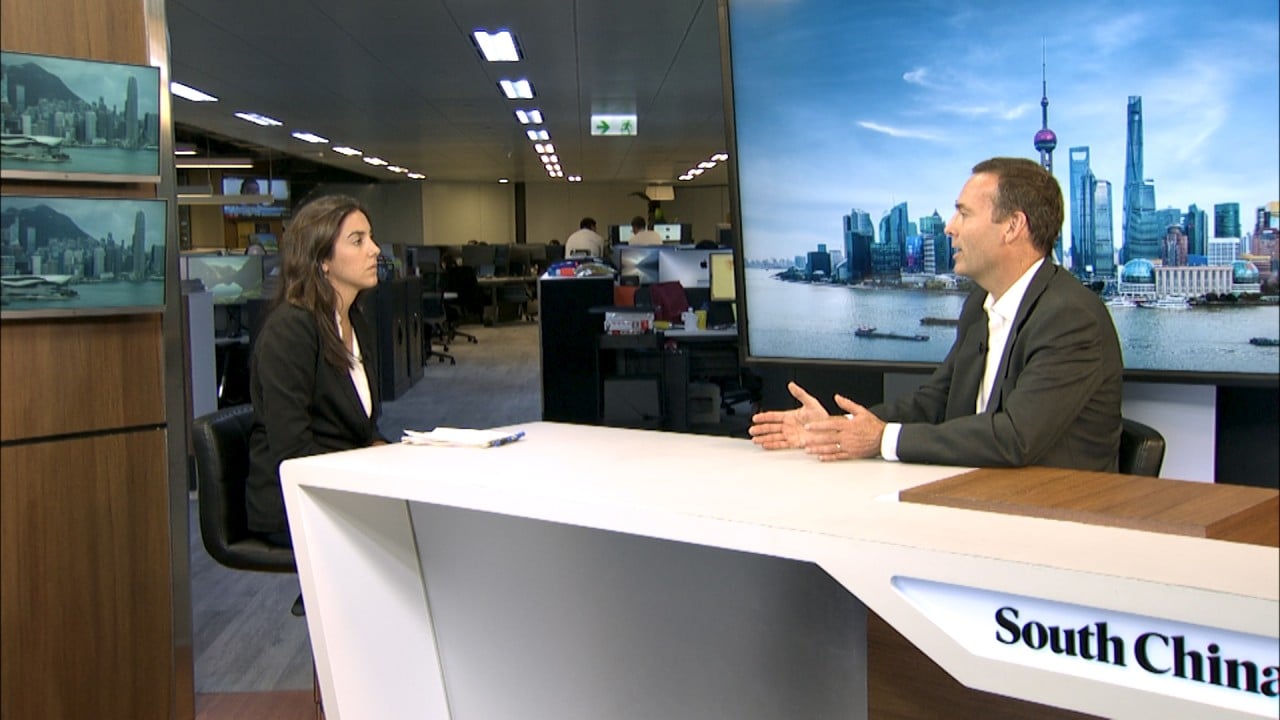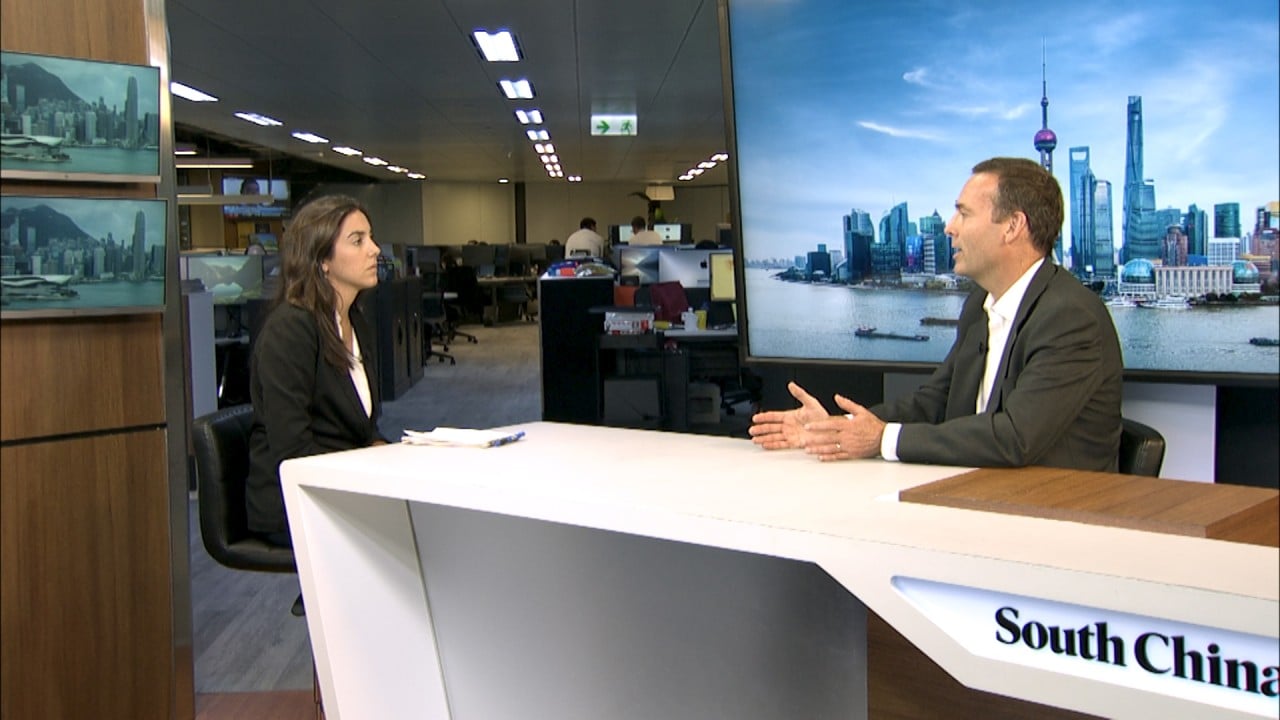As more Chinese companies expand their overseas business – staying out of harm’s way as trade frictions with the West intensify – they can learn a lesson from their Japanese predecessors who failed in their own attempts at globalisation, a prominent academic said.
“China and Japan are very different. But I think the Chinese can learn a lot from Japan’s mistakes,” said Dominique Turpin, professor of marketing at the China Europe International Business School (CEIBS) in Shanghai.
“Leading Japanese companies have missed their globalisation, because they lacked the global mindset,” said Turpin, also the school’s European president, in an interview at the World Economic Forum’s Annual Meeting of the New Champions – also known as Summer Davos – in Dalian this week.
Current tensions, centred on the new energy trade between China and the United States as well as the European Union – both of which have announced tariff hikes on Chinese-made electric vehicles (EVs) – are reminiscent of the hostility which greeted exports of Japanese cars in the 1980s, said Turpin, a Japan expert who previously served as dean and president of Switzerland’s International Institute for Management Development.
The Western world has underestimated the capacity of the Chinese to innovate, Turpin said, and when that innovation is coupled with the country’s economies of scale, the cost of production per unit is likely to be low no matter how heavily an industry is subsidised – a focal point of EU and US objections to China’s role in the EV market.
If you want to globalise, you need to trust the locals
These trade barriers are meant to push Chinese companies to invest, he said, creating rather than destroying jobs in the bloc.
“It took something like 15 years for the Japanese to be forced to produce cars in Europe. When Nissan created a lot of jobs after they started producing in Europe, this kind of political argument went away to some extent,” Turpin said.
“I think it’s a kind of natural step that things are going to go faster this time. The leading Chinese company has already anticipated that move.”
Turpin was referencing an announcement from EV giant BYD that it would build a manufacturing plant in Hungary, making it the first Chinese carmaker to build a factory for passenger cars in the EU.
Turpin placed the blame for a lack of continued global success for Japanese firms on a sense of complacency.
“If you want to globalise, you need to trust the locals,” he said, adding that few Japanese firms would hire foreigners in their top management for their overseas businesses.
“If you believe that your culture is superior, you will never become a global company,” Turpin said. “A global company to me is a company where you don’t care about the colour of [people’s] passports any more.”
It is too soon to determine whether Chinese companies would be able to manage their globalisation properly, he said, naming the best examples as firms from smaller countries like Denmark – home to Lego, shipping giant Maersk and pharmaceutical company Novo Nordisk.
“Management is the art of balancing two forces. If you trust the locals too much, you have a problem. If you control them too much, you have another problem.”
Facing major obstacles in developed countries, many Chinese car manufacturers have already pivoted to emerging markets such as Latin America. In 2023, Chinese cars accounted for 19.5 per cent of all car sales in Mexico, compared with only 6.4 per cent in 2019, according to data from the Mexican Association of Automobile Distributors.
“The Chinese are super smart people, they are very pragmatic. It’s the same strategy that Mao Zedong used to conquer China,” Turpin said, referring to Mao’s revolutionary strategy of “surrounding the cities from the countryside”.



